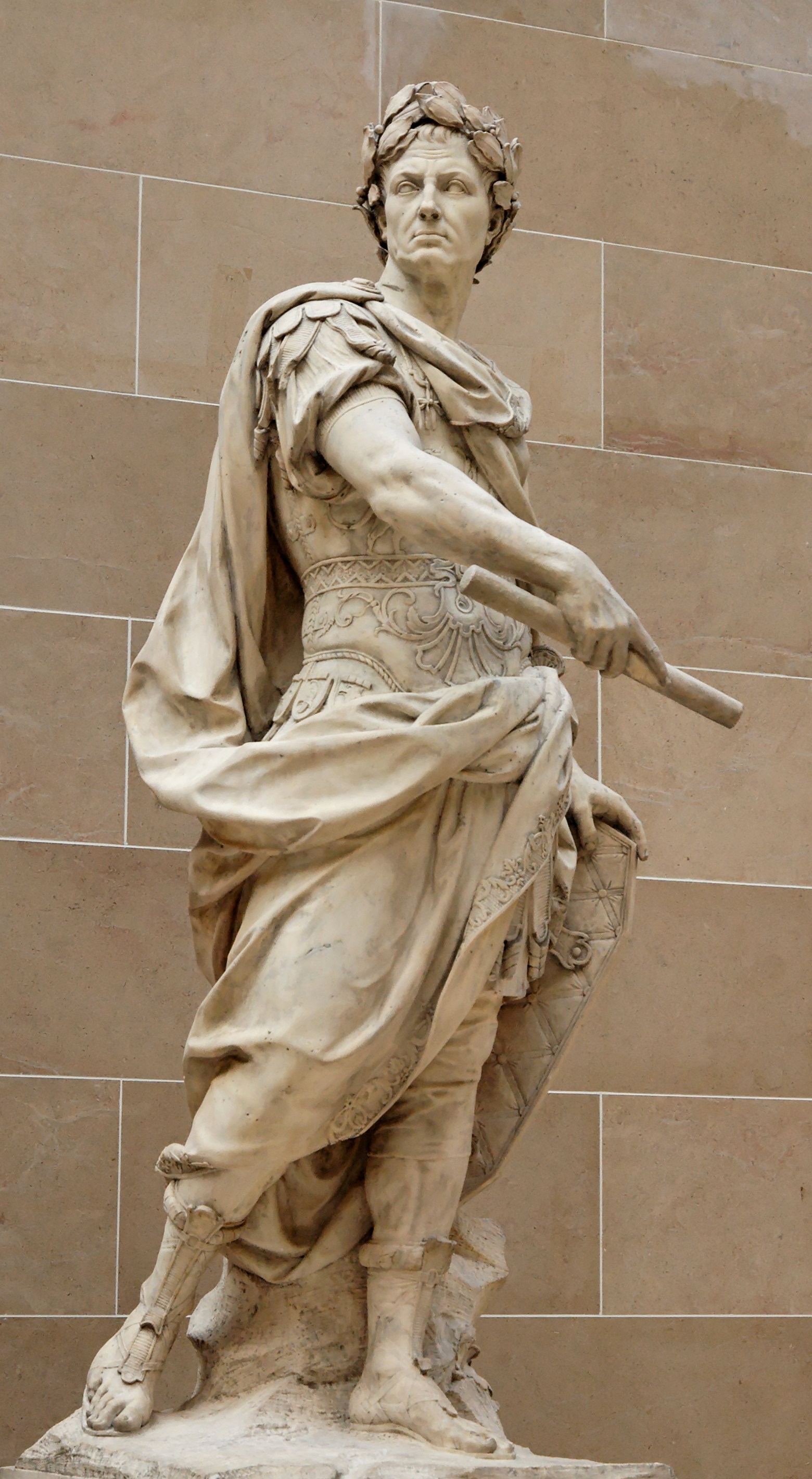

Initially, early this week, we read about Julius Caesar ignoring all signs of his assassination, continuing to the Capitol to receive his crown. These signs include the bad dreams of Caesar's wife Calpurnia, the priests' warning, and the letter of his friend describing his assassination. The conspiracy however, persuades Caesar to ignore the bad dreams, and the priests bad omen by using Caesar's extraneous ego. There was controversy among the conspirators whether or not to kill Antony, Caesar's right hand; Brutus believed that the assassination would then be seen as a slaughter, however, Cassius believed that Antony was a large threat. Brutus's view is plausible since we know from the French Revolution the rebels, after murdering the monarchs, continued to murder anyone that was associated with the government so Brutus knows the conspirators should control themselves and assassinate the 'head and the body will seen follow'. Although, we will see that the conspiracy should have listened to Cassius and assassinated Antony also. After the assassination of Caesar, those part of the conspiracy covered their arms with the blood of Caesar to go into the Capitol to propose that the conspiracy comes in peace, explaining there was a beneficial reason for murdering the king Caesar. Antony, confronted with the conspirators who had assassinated his friend that he loved dearly with bloodied hands surprisingly kept his calm and made an alliance with the conspiracy and Antony was also allowed to have a speech spoken for Caesar's funeral against Cassius' will. Antony then says a monologue describing his emotions of anger and revenge against Rome and the conspiracy over Caesar's bleeding body. This foreshadows the inexorable riots that will erupt in Rome. The two images--the bloody hands and the peace sign the conspirators will make contradict each other. Violence and peace. The reading that we had read on Thursday described the assassination of Martin Luther King Jr., and the chaos that ensued the streets of Washington D.C. after this assassination. The peace of the civil rights act movement turned into flames of anger. This may describe Rome's own chaos that will ensue after the citizens learn of Caesar's assassination. Similarly in Cairo, Egypt, there was not a king, but ten fellow Egyptians that were killed, however, both resulted in riots among each city's citizens. The citizens of Egypt like the citizens of Rome, erupted in anger when fellow Egyptians, metaphorically similar to Caesar, were killed by security forces in Egypt like the conspiracy. It is quite ironic that the security forces in Egypt's responsibility is to do what's best for the citizens of Egypt when they killed ten Egyptians; similarly, the conspiracy were trying to do what's best for the citizen's of Rome by killing Caesar. This event in Cairo, Egypt could also be compared to Mr. Luther King Jr.'s own assassination and his fellow members in the civil rights movement. In all situations, murdering all led to disorder in each city where each murder took place. As we can see, there is a pattern of trying to do what's right for the citizens of a country such as murdering, and turning out it was not right for the citizens of a country which then leads to the rebellion of the citizens.
No comments:
Post a Comment